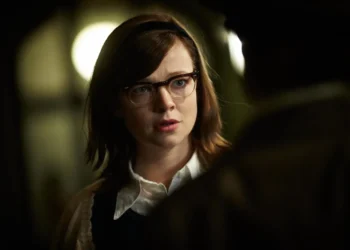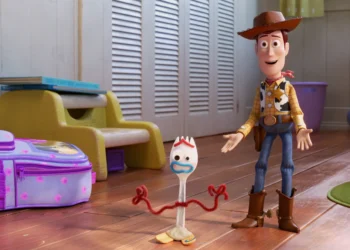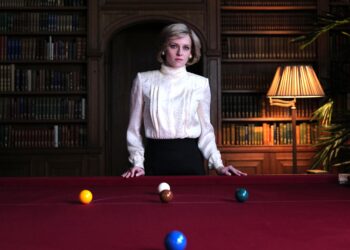When it comes to Urdu poetry there are some names that are on our fingertips, we all know Ghalib, Iqbal, Mir, and Faiz. There is no doubt as to these names are very significant and integral to Urdu Poetry but there are several other names which might not be as widely known but are representatives of different forms and genres of Urdu Shayari.
Today, TSA has brought to you 7 such names.
1. Munir Niazi

Munir Ahmed Niazi was an Urdu and Punjabi poet from Pakistan who also wrote for newspapers, magazines, and radio. Munir Niazi started a weekly, Seven Colours, from Sahiwal in 1949. A number of his poetry were utilized in film songs and these film songs became popular, super-hit songs among the Pakistani public which established him as the foremost movie songwriters of Pakistan in the 1960s. For instance, the film song in the film Shaheed (1962), Uss Bewafa Ka Shehar Hai Aur Hum Hain Doston, and lots of others.
2. Dilawar Figar

Dilawar Figar (1929–1998), was a Pakistani humorist, and poet. He was referred to as Shehansha-e-Zarafat (King of humor) and Akbar-e-Sani for his satire and humor. He migrated to Pakistan from India in 1968 and settled in Karachi. He joined Abdullah Haroon College as an educator, where the renowned poet Faiz Ahmad Faiz was the principal. Figar taught Urdu literature there. Figar’s verses are loaded with biting satires and humorous representation of the faults within the society and administration of the country, his poetry is additionally marked by the use of English words.
3. Nushur Wahidi

Hafeez-ul-Rehman was better known by his nom de plume Nushoor Wahidi. At a very early age, Nushoor had started to compose poems. And at the age of 13, he had become famous in his locality as a poet. He is referred to as one of Urdu’s last romantic poets. Nushoor published many compilations of Urdu poetry and also a volume on philosophy which was named Sabah-e-Hind. Despite being very fashionable in literary circles, Nushoor refused to lend his poetry to the then-emerging Indian film industry. It is, perhaps, for this reason, that Nushoor couldn’t gain the huge fame that his contemporaries had.
4. Anwar Masood

Anwar Masood may be a contemporary Pakistani poet, documented for his comic poetry, however, his works include other genres also. His poetry is understood for the unique use of everyday, commonplace phrases and wording, that’s instantly relatable for masses within the region. The foremost outstanding feature of his expression is that the poignancy buried deep beneath the humor creating his poetry one of a kind. The nuance of tragedy in his poems may be a reflection of social injustice, discrimination, and the private misfortunes of his characters.
5. Jaan Nisar Akhtar

Jan Nisar Akhtar was an Indian poet of Urdu Ghazals and Nazms. His career was four decades-long, in which he worked with music composers like C. Ramchandra, O. P Nayyar, and Khayyam and wrote 151 songs. His works of poetry include Nazr-e-Butaan, Salaasil, Javidaan, Pichali Pehar, Ghar Angan, and Khaak-e-Dil. The latter (“The Ashes of Heart”) was a poetry collection, that he was awarded for in the 1976 Sahitya Akademi Awards in Urdu by Sahitya Akademi, India’s National Academy of Letters. He was the Asrul Haq Majaz’s brother-in-law and Jawed Akhtar’s father.
6. Waheed Akhtar

Syed Waheed Akhtar was an Urdu poet, writer, critic, orator, and a Muslim scholar, prose writer, and philosopher. He is considered to be a contemporary poet who took the poetic sort of Marsiya to a replacement height, Karbala Ta Karbala his collection of elegies written on martyrs of Karbala consists of eight marasai. He also wrote collections of Ghazals and Nazms, featuring in his three collections – Patthron Ka Mughanni, Shab Ka Razmiyyah, and Zanjir Ka Naghma.
7. Ada Jafri

Ada Jafarey was a Pakistani poet who is considered the primary major female Urdu poet to be published and has been called “The First Lady of Urdu Poetry”. Ada Jafri was also an author who was considered a prominent figure in contemporary Urdu literature. Ada Jafarey writes in a gender-neutral mode, though her works include feminist themes like discrimination and dehumanization of girls and of them being viewed as sexual objects. Her personality seems absent from her poetry.
Also Read:
Rahat Indori: Tribute to the king of Indian Poetic Universe














